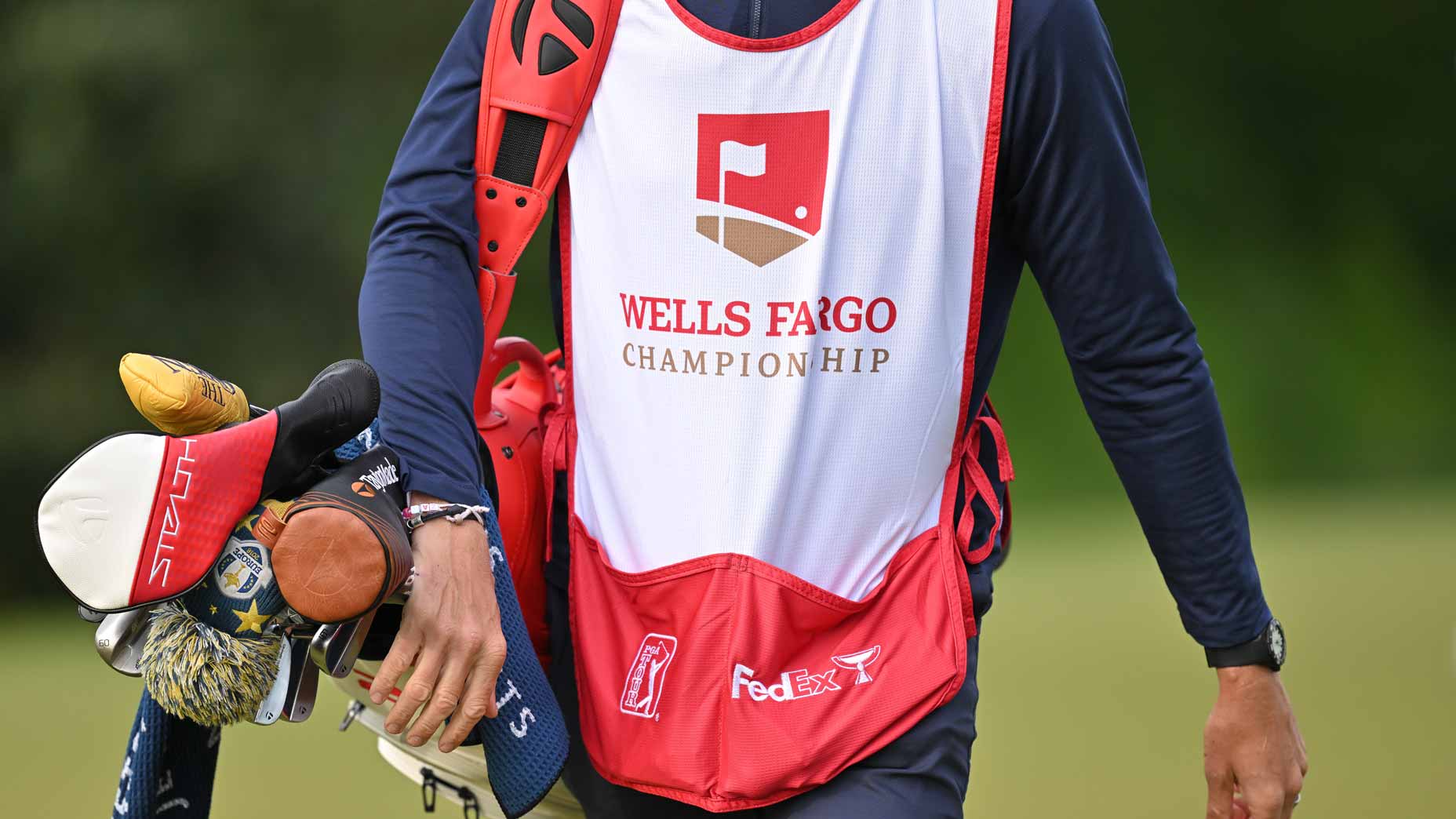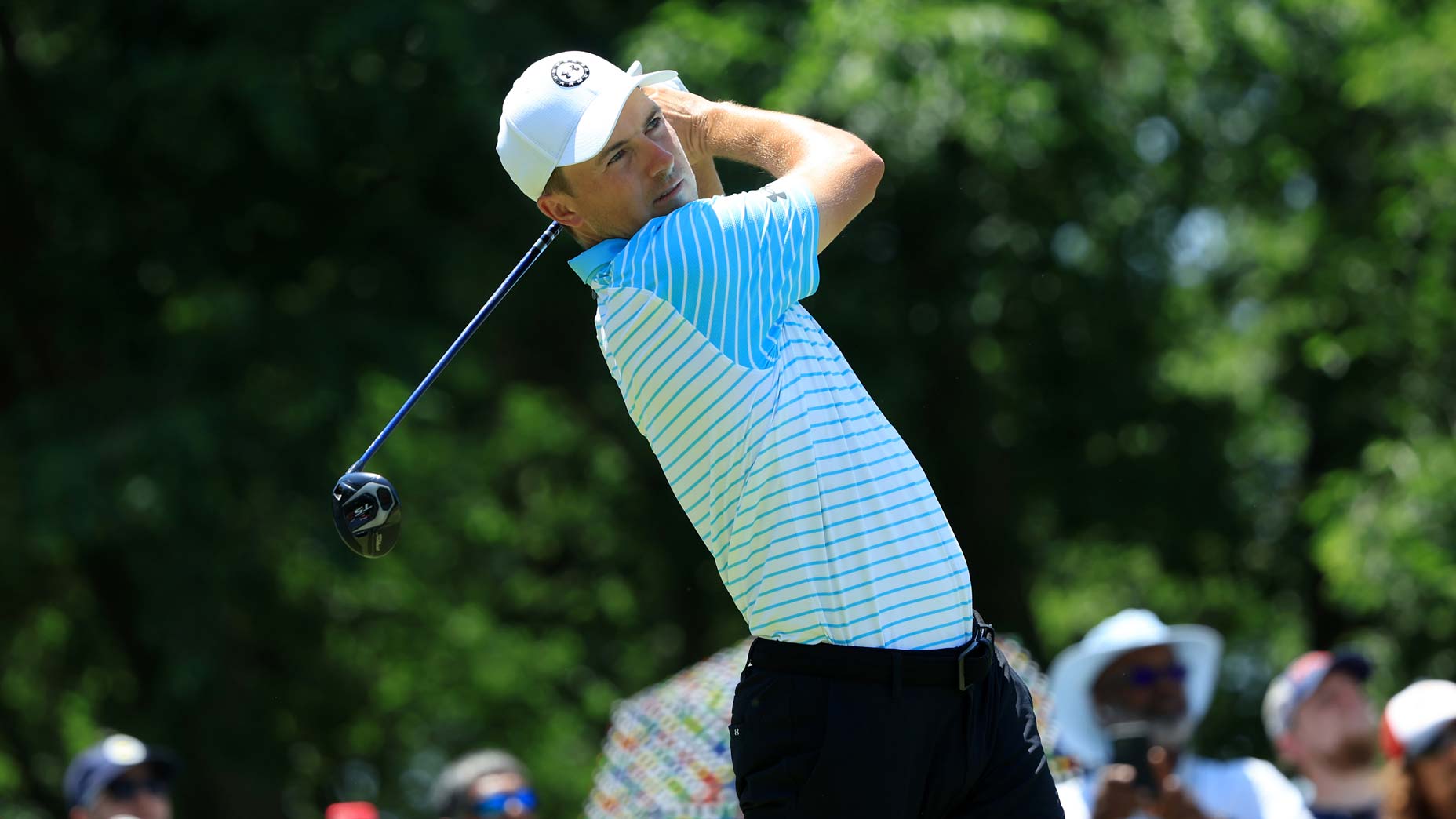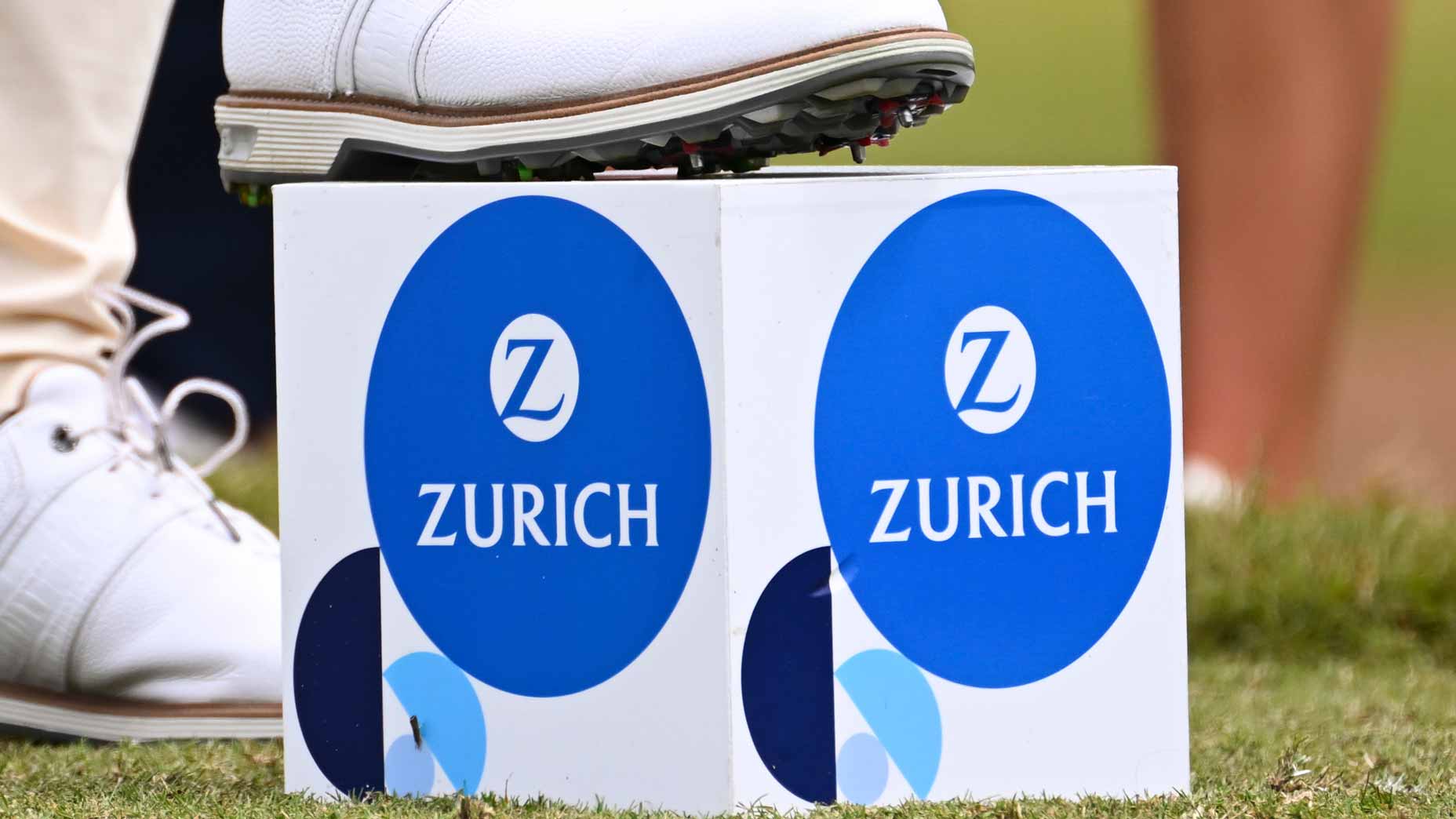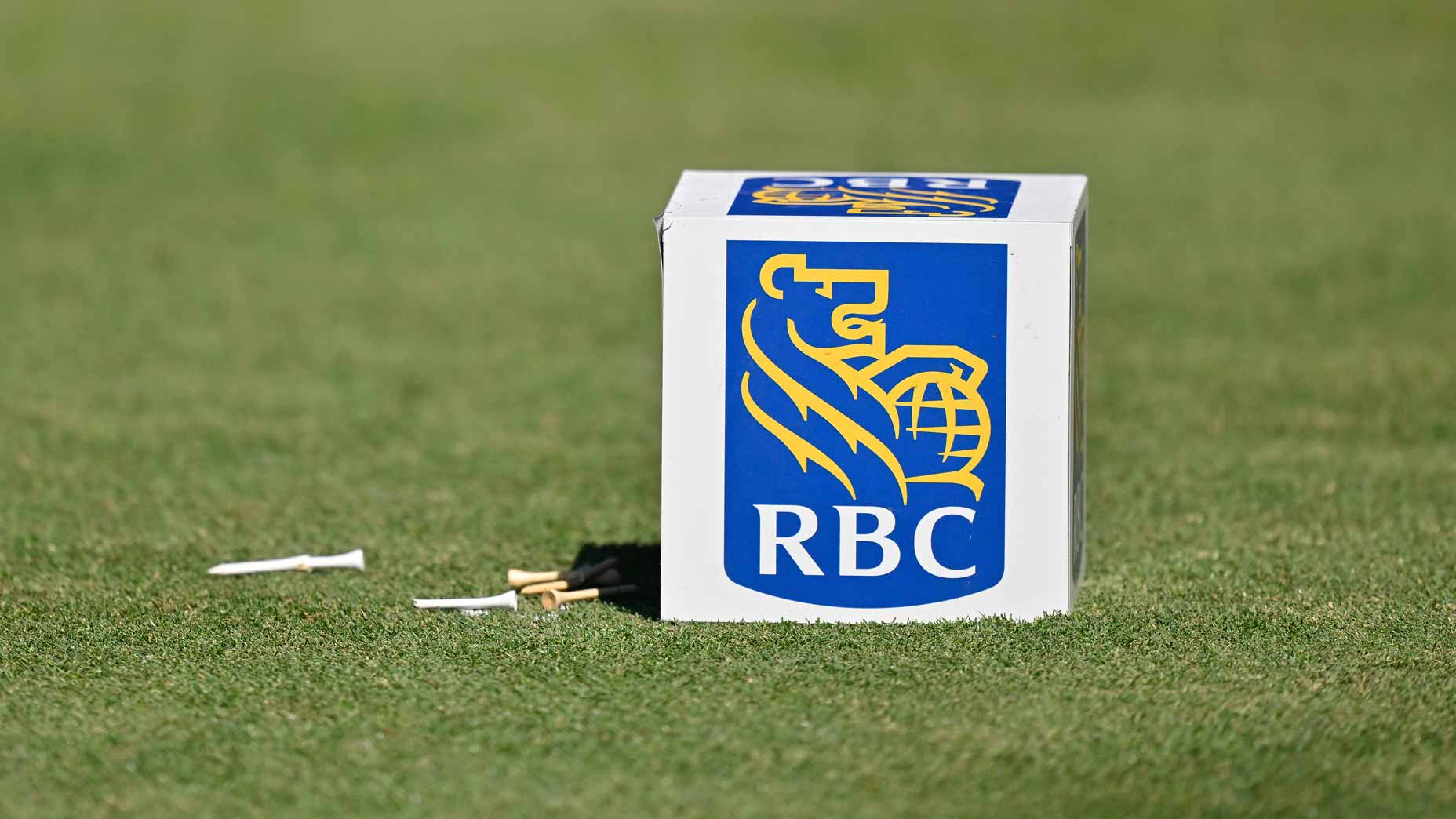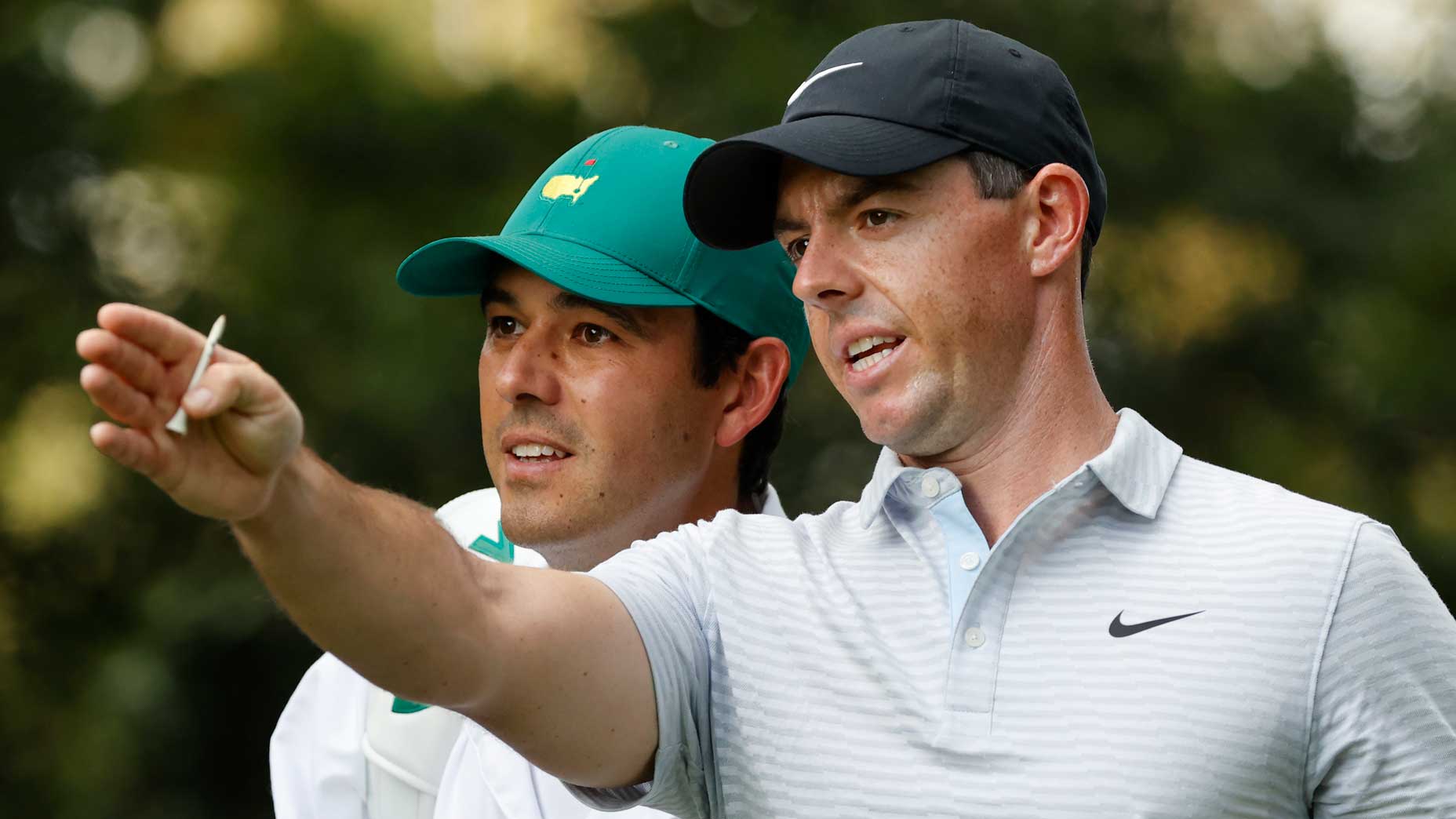We’re talking about elite golf here.
We’re talking about golf on TV, played by the best players in the world, typically for money, but sometimes not. (The Ryder Cup, Solheim Cup and top amateur events get a lot of TV time, too.)
The starting point for this play has to be that the players turn in honest, accurate scorecards, strictly adhering to every aspect of the rule book. If there’s any wiggle room, any fudge factor, any gray area, the whole thing falls apart. The player has two main incentives to do the right thing. One, he or she has integrity and understands that is at the core of the game. Two, those scores the players post are being widely, widely vetted. If you cheat, or even if you do something wrong inadvertently, you’re going to be found out. (Trust, but verify.) No biggie. Since you want to turn in the most accurate scorecard possible, you welcome the attention.
Um, scratch that.
That is so 2017.
The two rules changes announced Monday by the USGA and the R&A do nothing to serve the goal of having the player turn in the most accurate scorecard he or she possibly can. They do nothing to make sure that the 72-hole scores are as accurate as they possibly can be. Golf just became more like society in general. It’s not cheating if you don’t get caught!
You can read about the details of the changes here and here. To summarize them:
1. Rules officials will no longer accept calls from TV viewers alerting them to possible rules violations;
2. If a rules violation is discovered after a player signs his or her scorecard, the player will no longer receive an additional penalty for signing an incorrect scorecard. Before this year, that penalty had been disqualification. This year it became two shots. Now it is just an assessment of the original penalty and nothing more.
Here are the significant advantages of the changes. In the first instance, it is just much more convenient not to deal with the public. It’s always more convenient not to deal with the public. That’s why if you visit the website of your phone service provider, seeking to register some sort of complaint, you might spend a half-hour trying to find a phone number to call.
Also, and this relates to No. 1 and No. 2, the governing bodies are so worried about the game’s image in the sporting culture at large. TV call-ins sounded weird. And they were weird, unless you really understood the underlying principle of why they were allowed in the first place. See first paragraph above, though it is now obsolete. You know how Tiger Woods and scores of other highly sophisticated and accomplished golf people would say, “Can’t do that in any other sport?” No one will ever say that again. Does that make golf better? No. It makes it more ordinary. Those callers were an annoyance for rules officials, and they made the players feel like they were being spied upon, but they served a purpose: They helped ensure that scorecards were as accurate as possible.
The USGA and the R&A are sending out a charming, reassuring message as they announce the ban on call-ins: Do not fret, viewers out there in TV Land. We got this. Well, we know that hasn’t always been true and couldn’t always be true. Things get missed. By the way, it’s not like the caller imposes a penalty. The caller simply alerts an official to the possibility of a rule being broken. That’s different.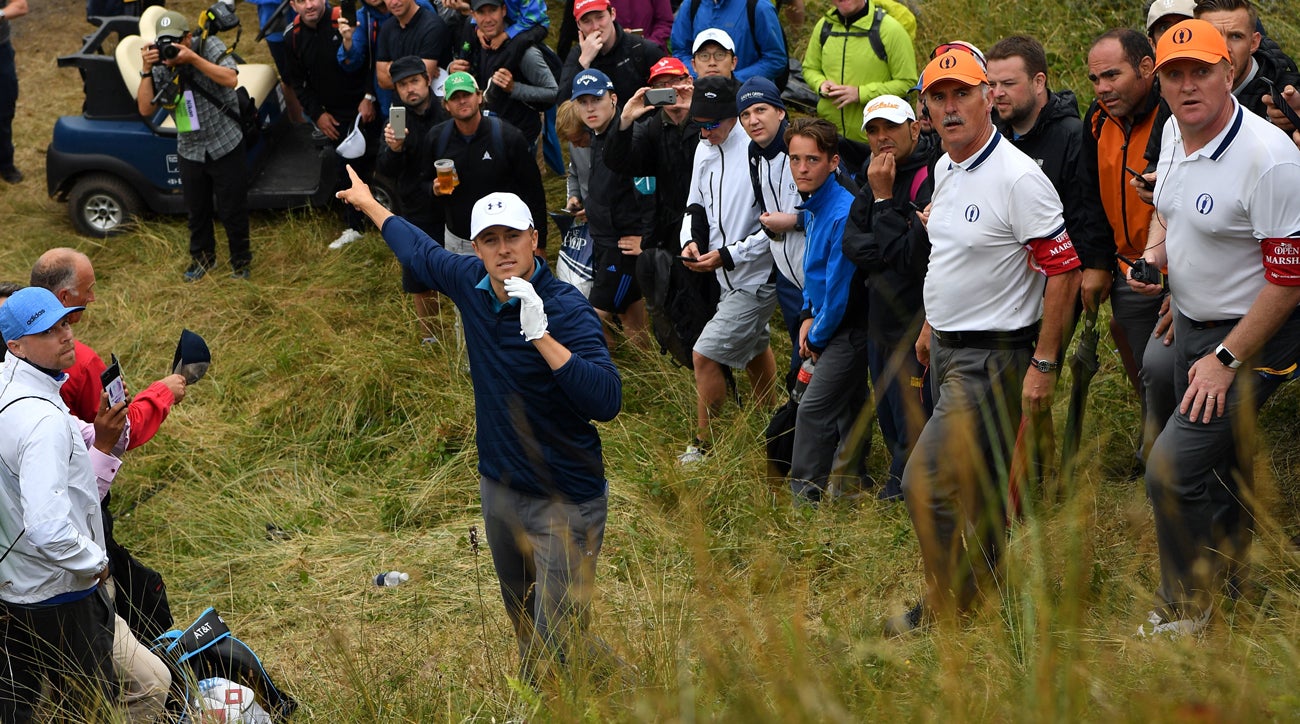
The other change, our No. 2, is another example of the world going soft. One of the reasons the players were neurotically worried about getting their scorecard 100 percent correct before signing it was because they would get the golf version of the death penalty if it was later discovered that they did not: disqualification. Then last year, post-Lexi Thompson, the penalty for signing an incorrect scorecard got reduced, from DQ to two shots. Now it is no extra shots, as long as the player violated the rule unknowingly.
This rule-change is so soft. How about the responsibility to know the rules and to play by them? How about doing it correctly the first time? The whole ball-dropping issue with Tiger Woods at 15 in the Saturday round of the 2013 Masters was that he dropped incorrectly. The whole ball-marking issue with Thompson at the ANA Inspiration was that she marked incorrectly. Neither player ever stood up and said, “I take responsibility for this whole mess.”
Golf, by tradition, is severe, austere, Calvinistic. Every aspect of it. That’s why the spectators are quiet. That’s why one player does nothing to interfere with another. That’s why Joe Dey, the first PGA Tour commissioner, late of the USGA, carried a bible in one pocket and a rule book in the other when he officiated.
The ultimate respect a player shows for another player is to adhere completely to the rules in every last detail. You could easily make a long, long list of admirable players for whom that was a starting point, including Bobby Jones, Ben Hogan, Arnold Palmer, Mickey Wright, Jack Nicklaus, Tom Watson, Davis Love. What these people understood as a starting point was this: Own your scorecard, own your mistakes. You want to blame somebody for something going wrong? Here’s a mirror.
These two rules changes take the onus off the player. The game will be lesser for it.
Michael Bamberger may be reached at mbamberger0224@aol.com.



